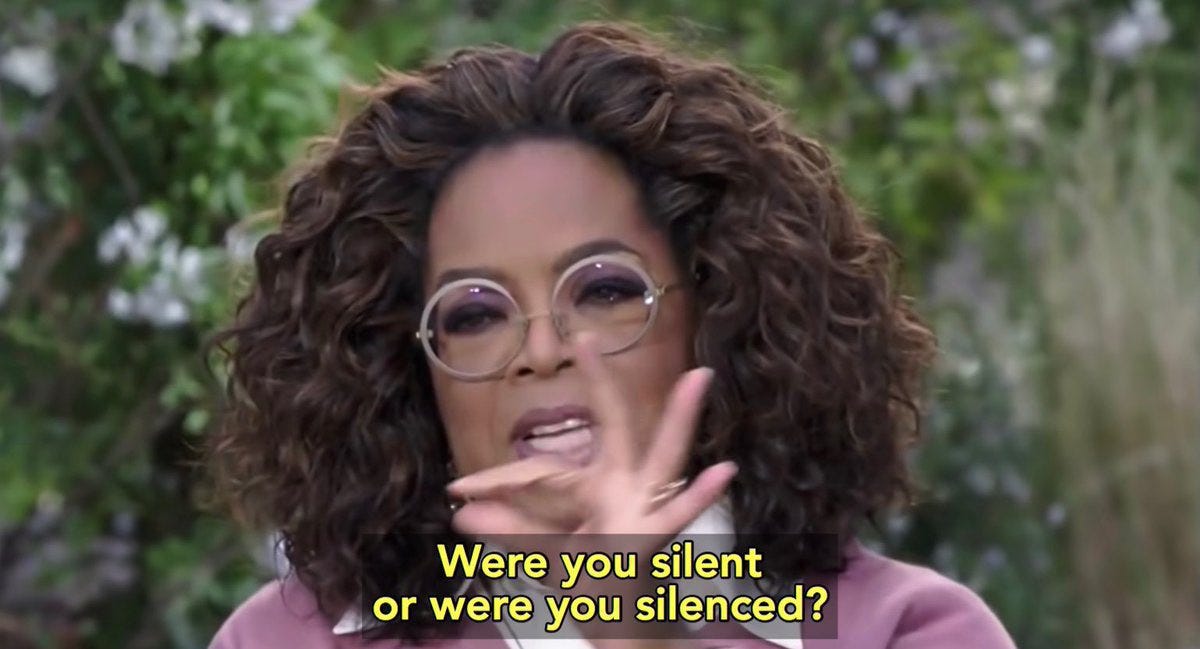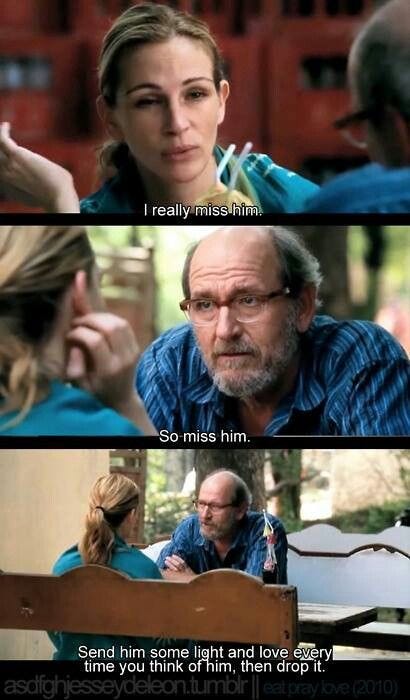
Two months ago, I was crying myself to sleep every night, feeling shame, guilt, depression, anger, and the fear of never being in love again.
Dramatic, I know - heartbreak sucks.
My emotions were so intense that it felt like I needed to do something about it, but what I wanted to do —like text him, call him, think about him, talk about him—wasn’t healthy or helping me move on. It’s normal for heartbreak to be experienced so intensely as our brain processes heartbreak similar to physical pain. It hurts and when your perception of someone is suddenly shifted it causes a lot of internal chaos. Your brain just desperately wants to figure it out.
As I write this substack, I am in such a better place and I really couldn’t have gotten here without the help of DBT -
In 2019 - I completed Dialectical behavior therapy (DBT). DBT is a type of therapy that can help people who experience emotions intensely by focusing on four core strategies: Mindfulness, Distress Tolerance, Emotional Regulation, and Interpersonal Effectiveness.
During this period, the two skills that I focused on practicing were opposite action and radical acceptance.
Opposite Action
Opposite action helps you manage your emotional intensity by doing the opposite of what your emotions want you to do. It can be quite difficult to go against the innate urge, but it’s a skill that requires practice and compassion. The first step for me was to identify and validate what I was feeling. After that, I applied the opposite action in the following ways:
I wanted to text him long paragraphs > I wrote it in my notes app
I wanted to call him > I called a friend and left my flat to spend time with them
I wanted him to reach out to me so I spent hours looking at my phone > I blocked his number & I went for a walk phone-free.
I wanted to isolate myself in my room to cry > I leaned on my community and was open about my struggles
I kept recalling all the good times > I started listing out both the good and the bad focusing on the times were our relationship was not perfect and when I felt undervalued. (This helped me take him off this pedestal that I had him on)
Was I perfect in any of this? Absolutely, not.
There were moments I didn’t follow through and instead of falling into a shame cycle, I practiced acceptance & forgiveness.
Radical Acceptance
Radical acceptance is a skill that requires us to accept reality the way it is, without resistance and being free of judgment.
Note: I didn’t practice either of these skills in a particular order. I think the skills were fluid in terms of how they were utilized in my time of distress.
I think my moment of radical acceptance was when I downloaded Hinge and was rudely & abruptly reminded of my ex. There he was all new photos, a new bio, etc. An entire dating profile - 6 weeks later.
Needless to say, I was speechless.
I was angry. It sent me over the edge - I wasn’t ready to accept that he was looking to date other people. I felt like this was some cruel joke by the universe and it was too soon. I was not radically accepting this moment, to say the least.
This pain was too much. I felt like I was walking around with a bleeding heart and everyone saw that I had failed my relationship.
After falling into some bad habits, I took a shower, took a deep breath, and realized what I had to do.
I had to accept that this relationship was over, and he made his choice and it’s not me. Full stop.
I didn’t fail my relationship > My relationship ended. I wasn’t walking around with a bleeding heart, I was healing from a broken heart which shows my capacity for deep love.
So…
I deleted Hinge. I blocked him again.
And now anytime my mind reminds me of him, I simply accept that it’s okay that I miss him and that my relationship is over. Judgment free.
Reflection
I don’t think I would have been able to become emotionally stable again without these tools in place. DBT is a practiced course that takes up to 6 months to a year to complete. I worked on this with my therapist for 6 months from 2019 - 2020. However, the skills are lifelong and require continued nurturing post-therapy.
The key to my healing was self-compassion and focusing on what I could control. I knew that I had these tools on the ready I just needed to implement them into my life again to start healing.
If you are experiencing heartbreak of any kind, I invite you to take the time you need to heal and explore the skills of opposite action & radical acceptance.
xx
Kay
Resources:
If you’re experiencing a crisis, such as feeling suicidal, and can call your therapist, please do. If your therapist is unavailable please call a Suicide or Crisis lifeline, (988 in the US) - here is a list of global suicide hotlines: https://blog.opencounseling.com/suicide-hotlines/
Dialectical Behavior Therapy - Cleveland Clinic
Dialectical Behavior Therapy - Psychology Today


